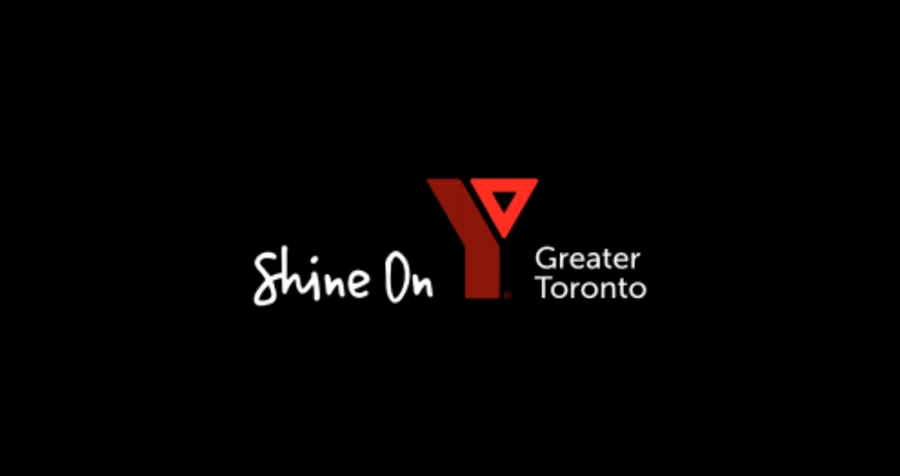
By Kaili Glennon, teacher and guidance supervisor at The YMCA Academy
The Mindfulness Ambassador Council (MAC) program is something we wanted to introduce at The YMCA Academy because we feel it’s important to provide a holistic education to our students. Our school is for students who have learning disabilities, who learn differently or for some reason were not finding success in other schools. It’s an incredible place representing many aspects of diversity. The school is full of amazing teachers who bring the Ontario Ministry of Education curriculum to life, this means we have the academics taken care of. The MAC allows us a meaningful platform to teach social emotional intelligence and mindfulness practices to our student body.
I think everyone can benefit from learning some form of mindfulness practice. By offering young people this opportunity, I believe we are providing them with valuable life skills that they can stash in their “toolkit” and use it if they choose to.
Learning how to live in the moment, learning how to appreciate what you have today, to be open-minded and to have the ability to show empathy are lessons that the MAC is helping us teach.
At its core the MAC provides a way for our students to learn from one another. So often we surround ourselves with like minded people – by sitting together in a group and sharing our different perspectives we all have the opportunity to hear from those we might not always hear from. It’s remarkable what you can learn and how you can grow from doing something like this. It’s an interesting way to recognize that as humans many of us struggle or feel joy over similar life experiences. Because of this it builds community and offers a chance for misconceptions and assumptions to be fleshed out and explored.
At The YMCA Academy we deliver the MAC to the entire student body at monthly assemblies we call Voices. Because we are fortunate to have a small school, it gives us a chance to come to together as group. We sit in a large circle and myself and a Mindfulness Without Borders staff facilitate that month’s lesson. In the circle everyone is equal and has equal opportunity to be heard and to listen. The following week we do what we call TAPS (Taking A Pause), where we break into smaller groups and revisit the lesson from the week before. It allows opportunity for deeper investigation into the topics explored. It also allows more time to practice the mindfulness techniques learned in the large group.
TUZA, the mindfulness practice, is something that we have incorporated into our daily school life. It started with biweekly practice on Monday and Wednesdays. Then moved to a daily practice at the start of first period; and then to my surprise, it was increased to a twice daily practice by student request. At our school students can decide on the music to use each day, some have created their own recordings to use for TUZA, and sometimes they opt for a silent practice. It’s become something of a norm. If students are feeling stressed or anxious before a test, they might request TUZA, if they are nervous before a presentation or interview you can find them in the hall mindfully breathing in preparation. It’s incredible to see. Mindfulness has become part of our schools culture.
It is a powerful thing to see one student listening to another. Insights, life advice, stories of deep joy or sadness are shared, heard and respected. We have students from a wide range of backgrounds – it is a quite a collection of unique personalities. In that circle people feel comfortable to be honest and true to themselves.
It’s not always easy and sometimes people are uncomfortable or resort to old patterns of self protection. However, the council format allows issues to be addressed as they arise and to be resolved with self reflection and respectful communication. I’m impressed endlessly with the courage and brilliance of our students.
I think one can learn so much from being mindful of oneself, of others, and the world. This practice takes time but I feel that these are lessons that are worth investing in and incorporating into our education system. My hope is that we can encourage the development of young people who have positive self-image, the ability to empathize, to be open-minded and to show kindness.










